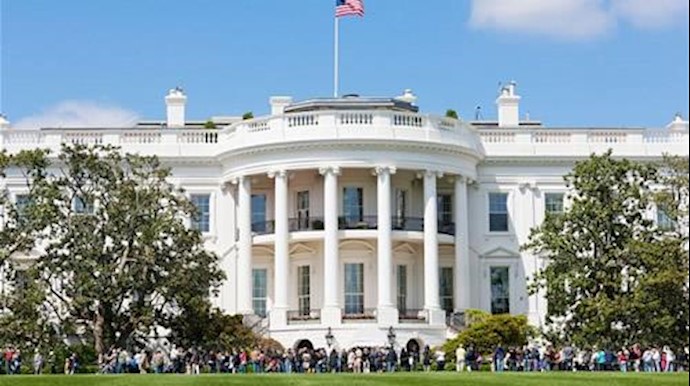The Admission by Ben Rhodes, Deputy National Security Adviser For Strategic Communications in the White House about how the administration tried to sell the Iran nuclear deal to the Congress and the public has been deeply disturbing in at least several ways, according to the Washington Post article.
The article titled ‘Time to hold Ben Rhodes to account describes a number of ways why this admission has been of the American people’s concern.
First of all he ignored a CIA assessment that determined that Rouhani was not a moderate. Former Undersecretary of State and chief Iran deal negotiator Wendy Sherman reflected this assessment when she said recently that Rouhani was not a moderate and that the choice in the Iranian parliamentary election was between hardliners and hard-hardliners,” explains sanctions expert Mark Dubowitz of the Foundation for Defense of Democracies.
“Second, the JCPOA itself makes no sense unless there is an evolution in the nature of the regime over the next decade. As a result of sunset clauses in the deal that see most of the key restrictions disappearing over an eight to 15 year period, Iran will be left with an industrial-size nuclear program with near-zero nuclear breakout, easier advance centrifuge-powered clandestine sneak out, an ICBM program and a more powerful economy increasingly immunized against sanctions”
The latter is key, for the essence of the JCPOA rests on the assumption that by the time key sanctions are lifted the West need not fear Iran.
Moreover, substantial compromises before that (e.g. lifting sanctions up front, delivering less than anytime/everywhere inspections) were premised on the notion that Iran was, unlike decades of past conduct, willing to abide by an agreement and cooperate with the IAEA.
As soon as the deal was inked however it became clear that Iran was not changed at all — grabbing U.S. sailors (much to Rhodes’ annoyance according to the Times story since it revealed the regime’s true nature) and conducting illegal tests.
Rhodes may have used the press, but the Iranians used Rhodes, President Obama and the rest of the hapless administration to get what it wanted: sanctions relief with no irreversible changes to its nuclear program or moderation in its non-nuclear conduct.
If Iran’s moderation is a fairytale at the point Iran reaches nuclear breakout, “the United States will be facing a much more formidable and dangerous enemy and may have little choice but to use military force (as sanctions power will be severely degraded) to stop Tehran from developing a nuclear weapon,” says Duboswitz. ”
At that point, Iran will be stronger and the consequences of military action more devastating. In selling the Iran deal on a lie, Rhodes may have made war with Iran more not less likely.”
The entire democratic process in this country was usurped. Senate Democrats were bullied and cajoled into going along with the deal and critics discredited based on a lie. “At the very least, Rhodes’s mendacity prevented a proper debate on what will we do in ten years if the Iranian regime is the same regime,” Dubowitz remarks. “Of course that was his intention in spinning the false Rouhani is a moderate story: To head off this debate to prevent a focus on the fatal flaw of the deal.”
What to do about this now?” First, Congress should conduct hearings and call Rhodes to testify under oath.
Congress should by legislative enactment return to the status quo prior to the JCPOA, which was obtained in essence by fraud. Sanctions due to expire should be reauthorized (with no executive waiver authority for now) and re-implemented.
New sanctions should be passed to address Iran’s human rights violations, support for terrorism, regional aggression and illegal missile tests.
Source: extracted from a Washington Post article, May 12, 2016








